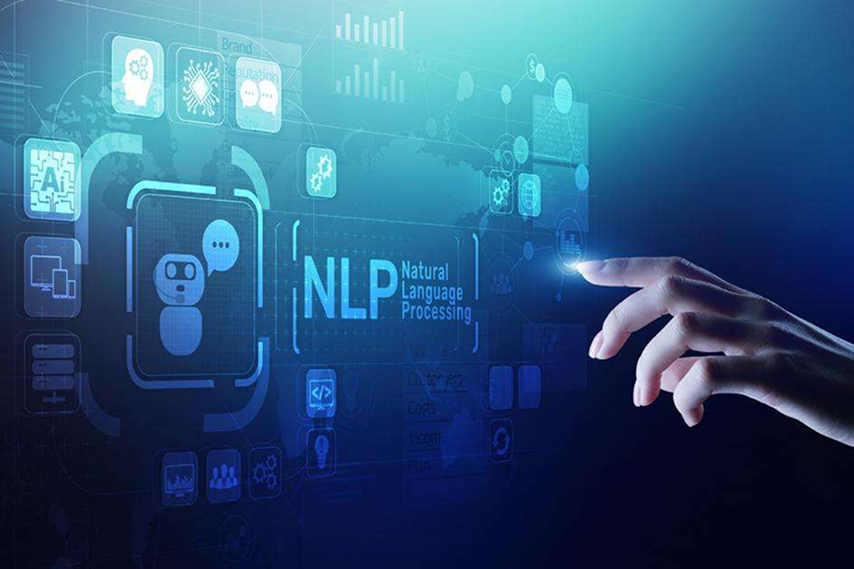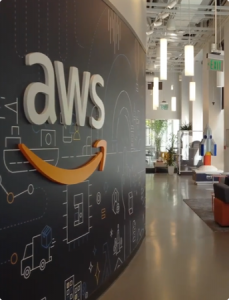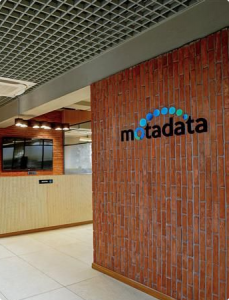Generative AI
Unlock growth with enterprise-ready Generative AI - designed, deployed, and scaled by Claritus.
Generative AI Solutions
What if your product could design itself? What if customer queries could be resolved before they were even asked? What if your business could create, analyze, and innovate at a pace no human team alone could achieve?
This isn’t a futuristic vision—it’s the reality of Generative AI.
From hyper-personalized content to AI-powered customer support and smarter automation, Generative AI is reshaping industries at an unprecedented pace. At Claritus, we don’t just experiment with AI—we engineer outcomes that fuel growth.

Generative AI Solutions

Use Cases of Generative AI
Content Creation & Automation
Generate blogs, product descriptions, and marketing copy at scale.
Data Summarization & Insights
Turn complex datasets into actionable decisions instantly.
Product Design & Prototyping
Accelerate design cycles with AI-driven ideation, visuals, and mockups.
Software Development
Generate code snippets, automate documentation, and speed up release cycles.
Customer Support
Deploy AI-driven chatbots and virtual assistants for 24/7, human-like support
Personalization at Scale
Deliver hyper-targeted recommendations and experiences for customers.
Impact of Generative AI
Businesses adopting Generative AI are already seeing measurable gains:
- 26 minutes saved per employee, per day on average workflows.
- 61% faster completion of complex IT and security tasks.
- $3.70 ROI for every $1 invested (IDC Global Study).
- Developer productivity boosted by up to 40%.
Generative AI isn’t just about speed—it’s about achieving transformative efficiency, scalability, and growth.

Impact of Generative AI

Businesses adopting Generative AI are already seeing measurable gains:
- 26 minutes saved per employee, per day on average workflows.
- 61% faster completion of complex IT and security tasks.
- $3.70 ROI for every $1 invested (IDC Global Study).
- Developer productivity boosted by up to 40%.
Generative AI isn’t just about speed—it’s about achieving transformative efficiency, scalability, and growth.
What We Offer
According to McKinsey, Generative AI could add *$2.6 to $4.4 trillion in annual global productivity across industries.
Generative AI Consulting
Identify high-value use cases and align AI adoption with your goals.
Custom AI Development
Build tailored AI models and applications for your unique needs.
AI Chatbot Development
Human-like, 24/7 support for sales, service, and internal teams.
AI-Driven Automation
Streamline workflows, optimize costs, and unlock higher productivity.
Integration & Deployment
Seamlessly embed Generative AI into your systems and processes.
Data Engineering & Analytics
Enable AI readiness through strong data pipelines and real-time insights.

Why Claritus
Claritus combines deep AI engineering expertise with a focus on measurable business outcomes.
- Proven success in delivering Generative AI, NLP, and automation solutions across industries.
- Responsible AI adoption with compliance, governance, and security at the core.
- Flexible engagement models—from pilots and proof-of-concepts to enterprise-wide rollouts.
- Cross-industry expertise to help you leverage AI where it matters most.
- End-to-end ownership: from consulting and model development to deployment and scaling.
Why Claritus

Claritus combines deep AI engineering expertise with a focus on measurable business outcomes.
- Proven success in delivering Generative AI, NLP, and automation solutions across industries.
- Responsible AI adoption with compliance, governance, and security at the core.
- Flexible engagement models—from pilots and proof-of-concepts to enterprise-wide rollouts.
- Cross-industry expertise to help you leverage AI where it matters most.
- End-to-end ownership: from consulting and model development to deployment and scaling.
Related Resources

Case Study
See how enterprises across finance, healthcare, retail, and logistics achieved measurable results with Claritus solutions.

Blog
Stay ahead with insights on digital transformation, AI, cloud strategy, and emerging tech trends from Claritus experts.

eBooks
Dive deep into research, frameworks, and practical guides that help organizations modernize and scale effectively.
Client Testimonial
Anna Paulina
Client of CompanyAnna Paulina
Client of CompanyAnna Paulina
Client of CompanyAnna Paulina
Client of CompanyLet’s Get In Touch
Generative AI isn’t the future—it’s the now. Let’s build what’s next, together.
Talk to our experts today and accelerate your journey with clarity, innovation, and technology.










